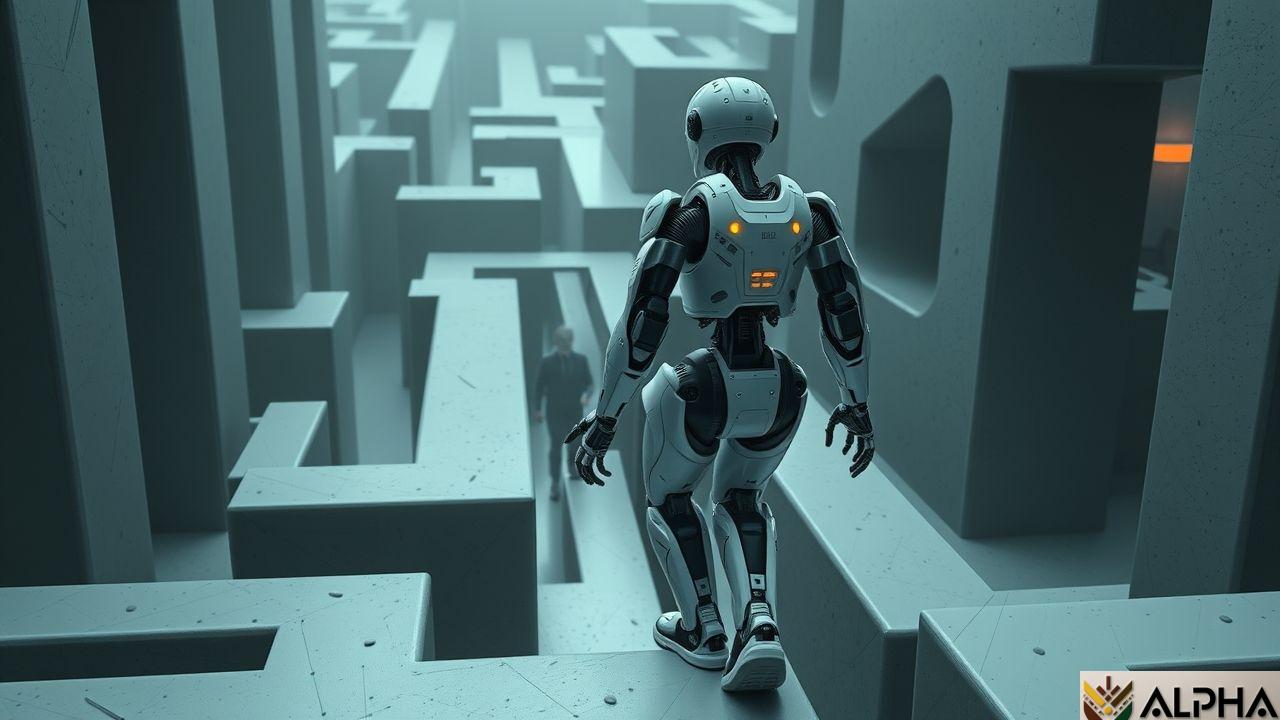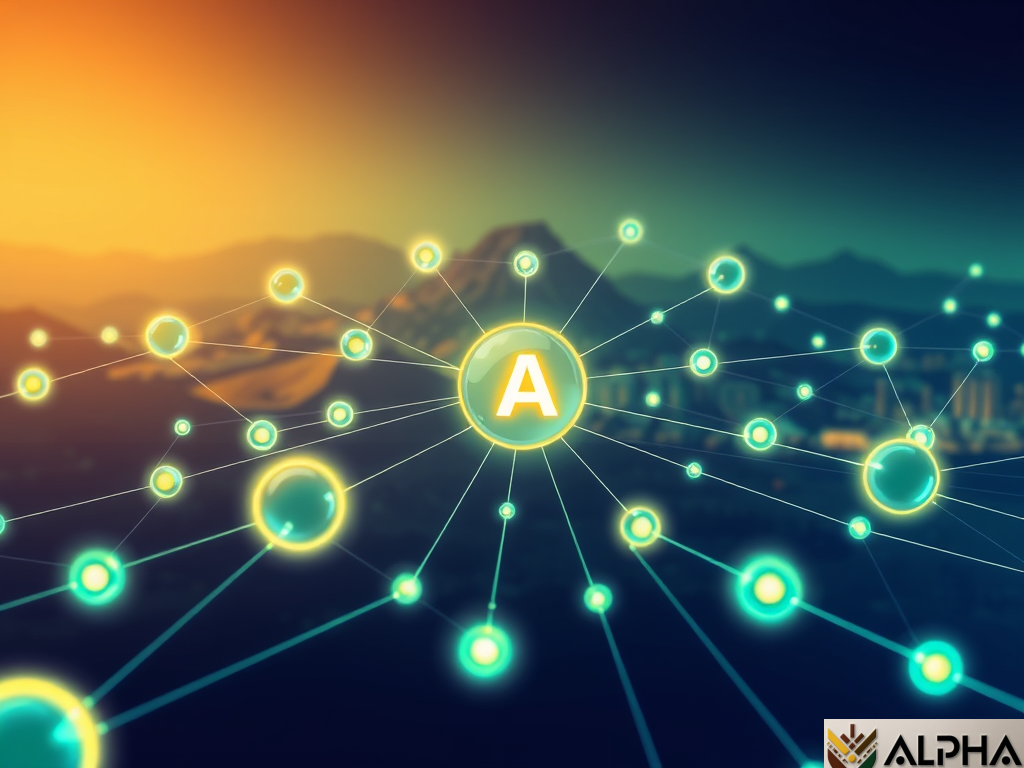Pushing the Limits of AI: Mastering Long-Horizon Embodied Tasks
The world of Artificial Intelligence is constantly evolving, pushing boundaries and challenging our understanding of what’s possible. One particularly exciting area of research is embodied AI – creating AI agents that can interact with and understand the physical world. A significant hurdle in this field is the challenge of long-horizon tasks, where an AI needs to plan and execute a sequence of actions over an extended period to achieve a goal. This is unlike simple, short-term tasks where immediate action is sufficient.
This complexity is amplified by the need for long-context reasoning; the AI must remember and utilize information gathered across many time steps. Imagine a robot needing to navigate a complex building, remembering where it’s been and what it’s seen to find a specific item. That’s the kind of challenge that researchers are tackling.
Recent advancements, as detailed in a new research paper, explore a novel framework called ∞-THOR. This framework focuses on creating long-horizon embodied tasks with a special emphasis on testing the long-context reasoning abilities of AI agents. To accomplish this, ∞-THOR introduces a new task: ‘Needles in the Embodied Haystack.’ This task requires the AI to find multiple clues spread across a long, complex trajectory, demanding sophisticated planning and memory.
The creators of ∞-THOR didn’t stop at just the task design; they also developed a new benchmark dataset to test these agents rigorously. This dataset is designed to include complex tasks that span hundreds of environment steps, providing an accurate evaluation of the AI’s long-term reasoning and planning abilities. To meet the challenges of this dataset, the researchers are investigating specialized architectures, including interleaved Goal-State-Action modeling, context extension techniques, and Context Parallelism, to equip LLMs (Large Language Models) for superior performance. This architectural innovation is crucial for tackling the problem of extreme long-context reasoning that these long-horizon tasks demand.
The findings in this research offer invaluable insights into the challenges and potential solutions for long-horizon embodied AI. By creating a challenging benchmark, ∞-THOR will stimulate further research and innovation, driving the development of more robust and intelligent embodied agents. The implications are wide-ranging, paving the way for more sophisticated robots, autonomous vehicles, and interactive virtual assistants that can handle complex, real-world scenarios.
Share this content:














Laisser un commentaire